Mozambique: Mueda administrator confirms restrictions on movement in the district - report
Insurgency in Cabo Delgado: Are analysts fighting for protagonism? – DW
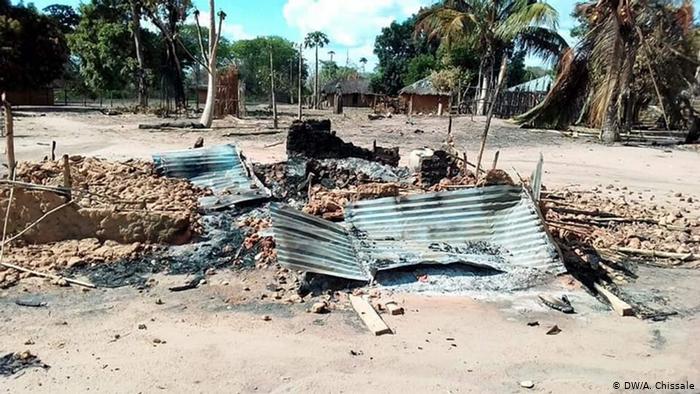
FILE PHOTO - Naunde, Cabo Delgado, after an insurgent attack in 2018. [File photo: DW]
- Cabo Delgado already making international headlines and dominating international webinars. Some approach the situation with ethical and academic principle. Some do not, but are nevertheless listened to.
The Cabo Delgado insurgency is no longer just a national affair. The upsurge in armed violence and the ensuing humanitarian crisis are projecting the case worldwide. In addition to newspaper headlines and appeals from humanitarian NGOs, academia has devoted special attention to Cabo Delgado, with frequent webinars.
Some of the individuals involved those appear to be in a race to divulge inside information about the conflict. Are we already facing a struggle for leadership when it comes to insurgency in Mozambique?
“Yes, in fact it is noticeable, inside and outside Mozambique. At least, it is a good sign, that there is academic vibration, which is necessary to broaden knowledge,” peace and security expert Calton Cadeado says.

Is it valid to sell a pig in a poke?
“For others,” Cadeado continues, “it is an attempt to have a presence in the circles of power. If we look at the Institute of Social and Economic Studies (IESE) and Chatham House, which recently organised a virtual conference, it was an event with worldwide coverage. So, from the moment you hold these types of events, you are putting your foot inside the circle of power, to be heard.”
Which does not violate any ethical principle, much less represent a crime. However, there are also those who use less credible means to “make themselves heard”.
Recently, photos of another African crisis were ‘sold’ on social media as having happened in Cabo Delgado.
Their vigorous contestation by Mozambicans was noteworthy, revealing the attention and the level of conscience of the internet users with regard to their subjects and mainly their commitment to the truth.
“The only source of information is everything that comes from outside”
But the fertile ground for such untruths to flourish was created by the government itself, academic Elísio Macamo says.
“What exists – and is, unfortunately, very serious – is the lack of official information. The lack of dialogue between the government, the leadership of our country, and society. Cabo Delgado is a very serious matter and the only source of information that people have is not the government – the only source of information is everything that come from outside. It is news agencies from outside, researchers from outside,” the sociologist remarks.
In his opinion, “this is what creates problems for the country, this is what is difficult to understand. I do not understand what difficulty the government and the President of the Republic have making a public statement that we have a problem in Cabo Delgado and that we need to take action, that we already asked for help or we will ask … ”
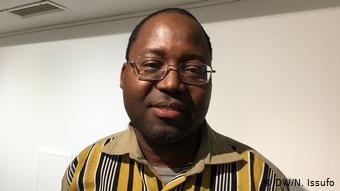
How untruths multiply and fossilise
And everything becomes a snowball when dubious sources, who have never even been to Cabo Delgado, become a reference for those who have the power to multiply information, such as the national press.
So fertile ground for the multiplication and fossilisation of national untruths may arise in the name of suspicious individual interests. All of this happens because the government purposely created a vacuum in its relationship with the population, Macamo believes.
“We are not the only country with these problems. The government has nothing to lose. On the contrary, it has a lot to gain by being frank, transparent and open with Mozambican society – coming out and saying that we are in a bad situation right now in Cabo Delgado,” he reiterates.
“I’m more open to listening to these outside researchers”
Macamo argues that the best way is to “galvanise people to be on the side of the government and the president, to have more empathy with the difficult decisions he has to make”. But that does not happen and the result is “speculation, rumours, and the emergence of people who consider themselves experts”.
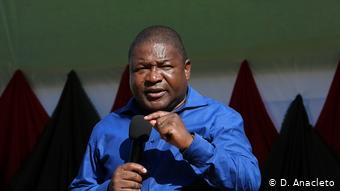
“I am more open to hearing what these outside researchers say because our government is not transparent,” Macamo admits, asking: “I want to know what is going on there, because Cabo Delgado is part of Mozambique. And I want to know that from those who have a constitutional obligation to inform me. So, I too am vulnerable.”
Keeping everything secret is a common practice in the Mozambique Liberation Front (Frelimo), the party that has governed since 1975. If, on the one hand, this is beneficial, because it maintains so-called state secrets, on the other hand it entails high risks -one of them being that the untruths come to be taken for realities.


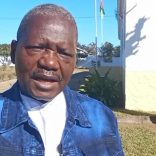

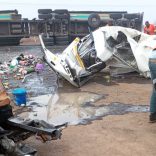
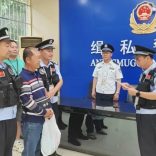

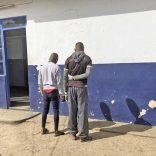




Leave a Reply
Be the First to Comment!
You must be logged in to post a comment.
You must be logged in to post a comment.